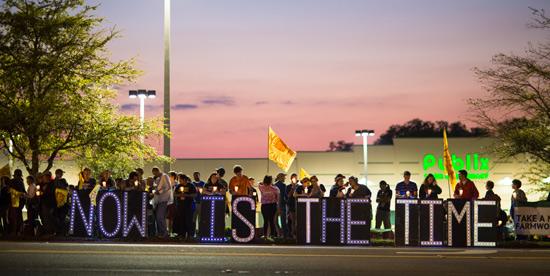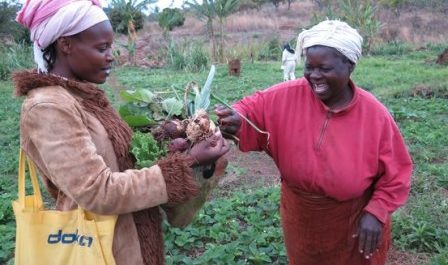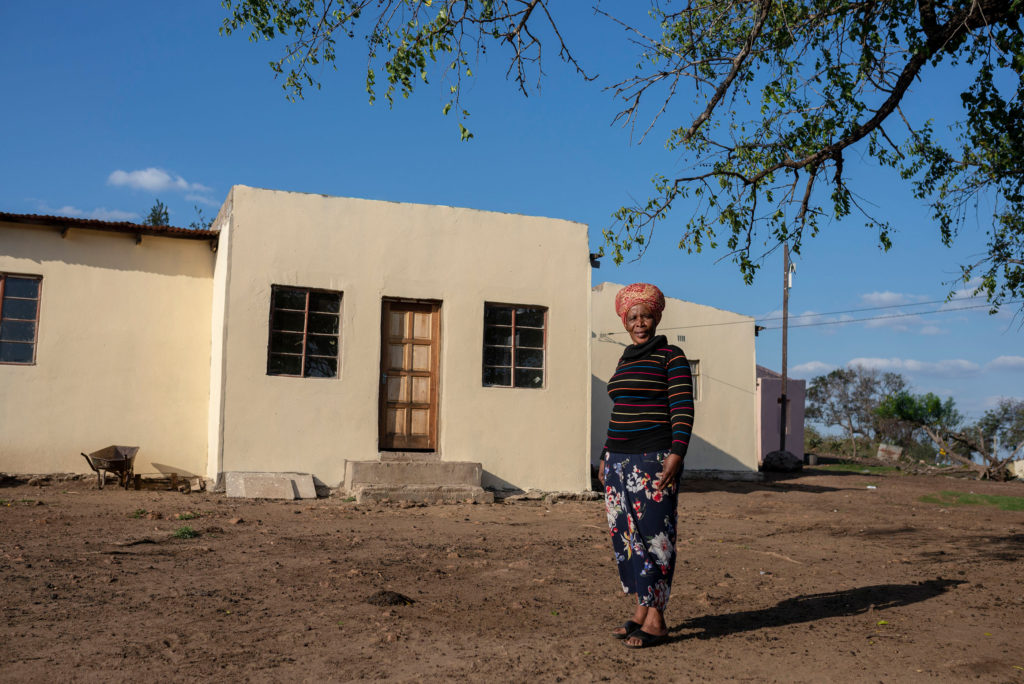
Linah Nkosi
In South Africa in 1990, Sizani Ngubane co-founded the Rural Women’s Movement, a coalition of over 500 community-based organizations and a membership of over 50,000 indigenous women and girls. Until her untimely death at the end of last year, Sizani Ngubane, as Director of the Rural Women’s Movement, challenged traditional leaders’ misogyny, sexism, authoritarianism, patriarchy. In the last decades, she focused much of her work on KwaZulu-Natal, and especially on the Ingonyama Trust, a trust with only one trustee. At the time of Sizani Ngubane’s death, that trustee was King Goodwill Zwelithini. He alone controlled close to 30 percent of the land in KZN. Around five million people, about 50% of KZN, live on land the Ingonyama Trust controls. For years, the Ingonyama Trust ran roughshod over local landowners who actually had title, under traditional law, to the land. The Trust was especially vicious and dismissive of traditional women landowners. Last year, some of those women, along with the Rural Women’s Movement, took the Ingonyama Trust to court. This past Friday, the Court decided in the women’s favor. The court decided the Trust must repay the stolen money and land. This is a monumental victory for women, democracy, justice, and a demonstration that a person may die but the spirit lives on. Long live Sizani Ngubane!
In 2018, Sizani Ngubane described the Ingonyama Trust: “The Ingonyama Trust was established to secure the 2.8 million hectares of land in KwaZulu-Natal for white people, who were not sure if the ANC led government would accommodate them after the colonial and apartheid regimes took 87% of the South African land from the indigenous communities …. The Ingonyama Trust’s actions concerning land have been terrible for the communities who reside on land designated as the Trust land … The Trust invites people to bring in their Permission to Occupy (PTO) certificates and other documentary proof of land rights in order to convert them into lease agreements, whose annual rentals escalate by 10%. A PTO Certificate is an apartheid-era land right that is upgradeable to ownership in terms of the Upgrading of Land Tenure Rights Act 112 of 1991. Not everyone has PTO Certificates because under the apartheid regime the issuing of these certificates was only for men. Nevertheless, anyone who has established long-term occupation of land is likely to have customary ownership, especially in instances where the inheritance of the land occurred over generations. The Trust’s standard lease agreement turns the indigenous and/or rural communities from owners into tenants of the Trust, binding them to pay rent that escalates at 10% a year. If one defaults on the rent, one stands to lose the land, including any buildings and improvements one, or one’s family, made on the land.”
Linah Nkosi, 64, lives on a pension. She has a plot of land that’s about seven acres. Linah Nkosi and her sister acquired that land years ago, through the local traditional council. The Ingonyama Trust decided all landholders needed leases. When Linah Nkosi came to sign hers, the Trust rejected her because she’s a woman. The Trust told her to get a man to cosign. Linah Nkosi protested … to no avail. She returned with her male partner, and he signed. Linah Nkosi continued to protest and then, with others, went to court.
Margaret Rawlings, 65, Thembekile Zondi, 62, Hluphekile Mabuyakhulu, 75,and other women tell similar stories. Margaret Rawlings has a title deed that goes back to 1926, and yet traditional leaders and the Ingonyama Trust seized parts of her property, and when she protested, guns went off. Thembekile Zondi was married to a local traditional leader. When he died, a new leader was installed, and he promptly evicted Thembekile Zondi and her daughters from the house that Zondi and her husband had built. To this day, Zondi and her daughters “feel like refugees who have been forced to flee from their own home and watch the usurpers enjoying the fruits of our hard work.” At a community meeting, Hluphekile Mabuyakhulu was told to sign the lease or lose her land and become homeless.
The women who were badgered, dismissed, threatened, injured, stolen from said “NO”. They said the Constitution, justice, decency, the rule of law, and women matter. On Friday, the Court agreed. The Legal Resources Centre, who represented the women in the case commented: “For the seven individuals, this fight is personal. The group comprises of single mothers, factory workers, pensioners, farmers and fathers trying to provide for their families. For many, their ascendents worked the land on which they are now being forced to pay rent. They have – along with the other 5.2 million residents of the Ingonyama Trust land – built their homes and their lives on this land. The applicants represent these 5.2 million South Africans and the threat that this matter poses to their security of tenure on this land.”
This fight is personal, for the seven individuals who took the Ingonyama Trust to court, as it is for everyone everywhere. Around the world, people face eviction from their homes, homes which they built, under all sorts of pretenses. Pandemic billionaires rake in untold wealth and avoid paying taxes, while the majority of the world population suffers economic crisis. Historically racist, sexist and economically discriminatory housing policies continue to build today’s Americas, Europe, Asia, Australia, as well as South Africa. Industrial capital was founded on pushing people off their land and then criminalizing them. Post-industrial capital continues to rely on the disenfranchisement and mass eviction of rural populations, especially women. No one, no one man, no one group of men, should control 30 percent of anything, but they continue to do so. That must come to an end. Friday’s judgement was a personal and a global victory. Long live Sizani Ngubane!
(By Dan Moshenberg)
(Photo Credit: New Frame)
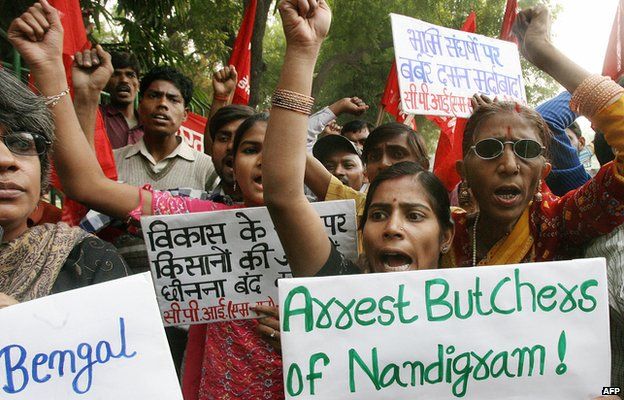
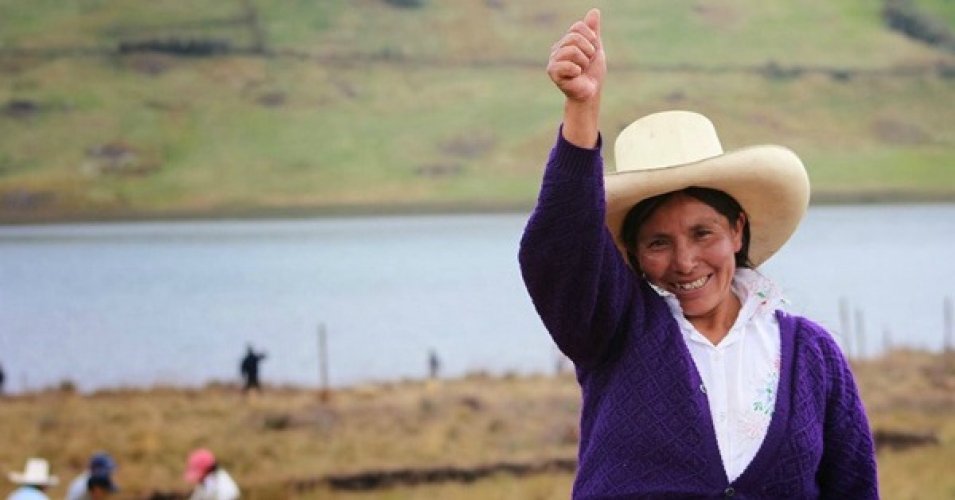
 (Video Credit:
(Video Credit: 
